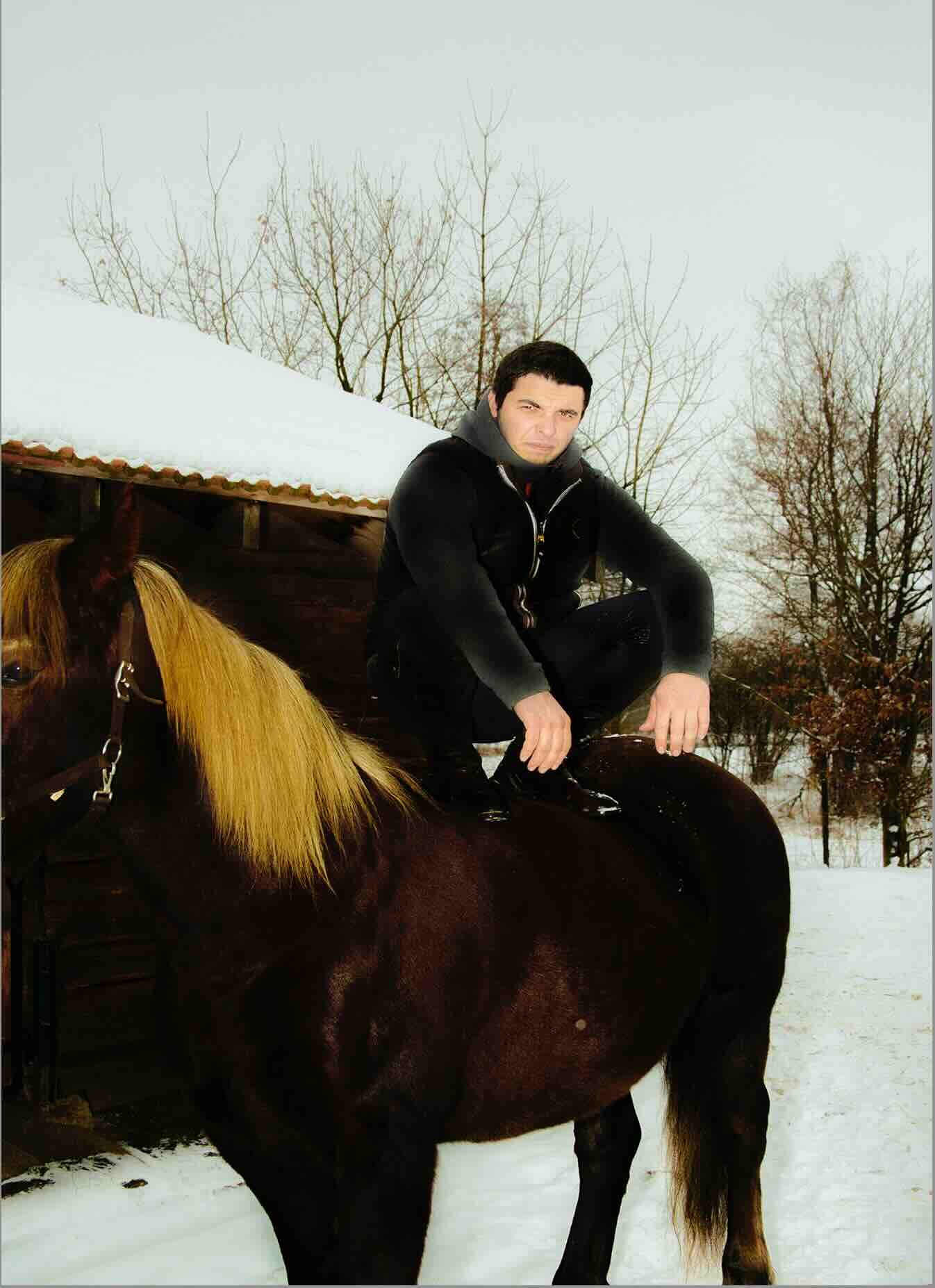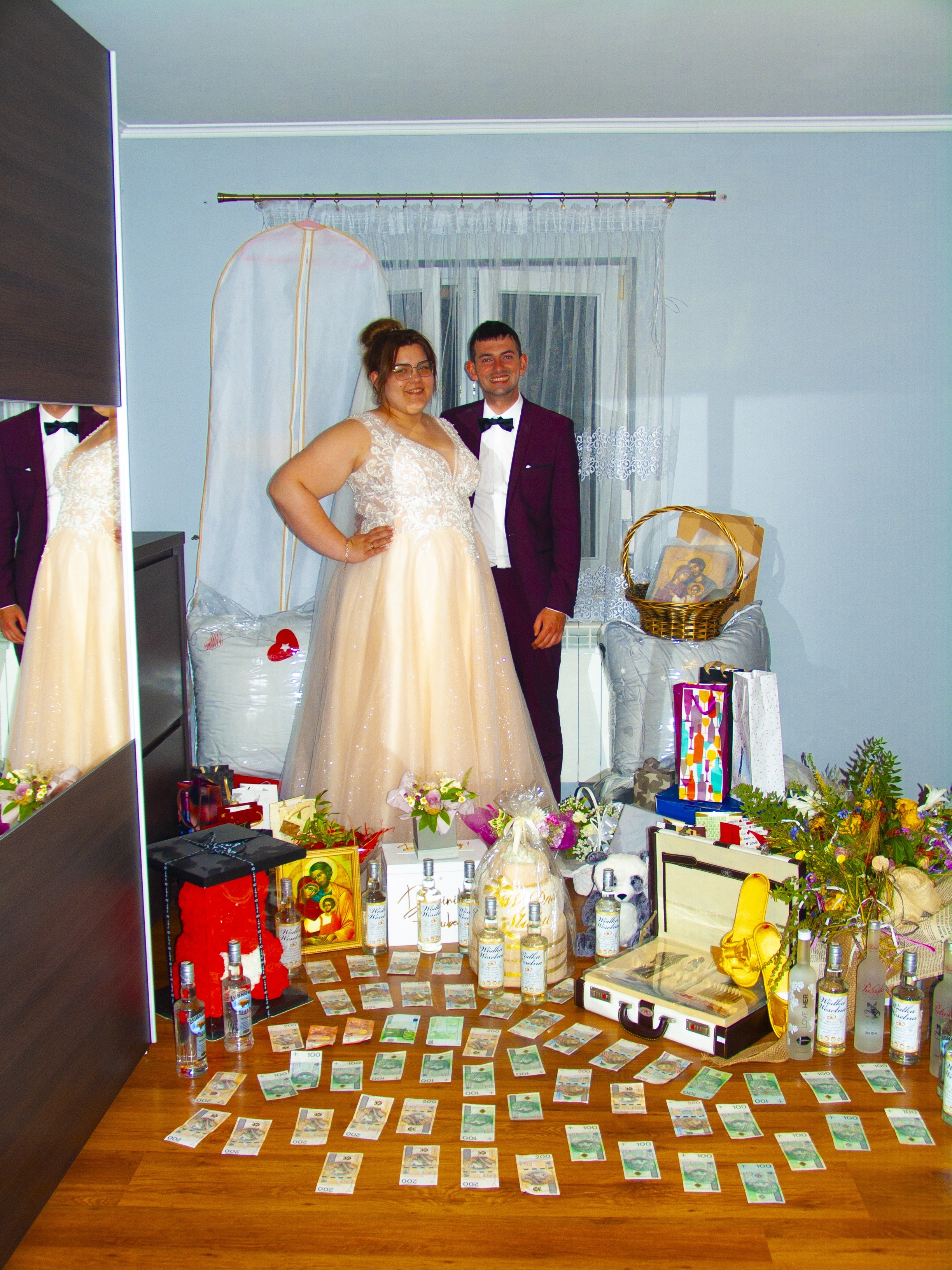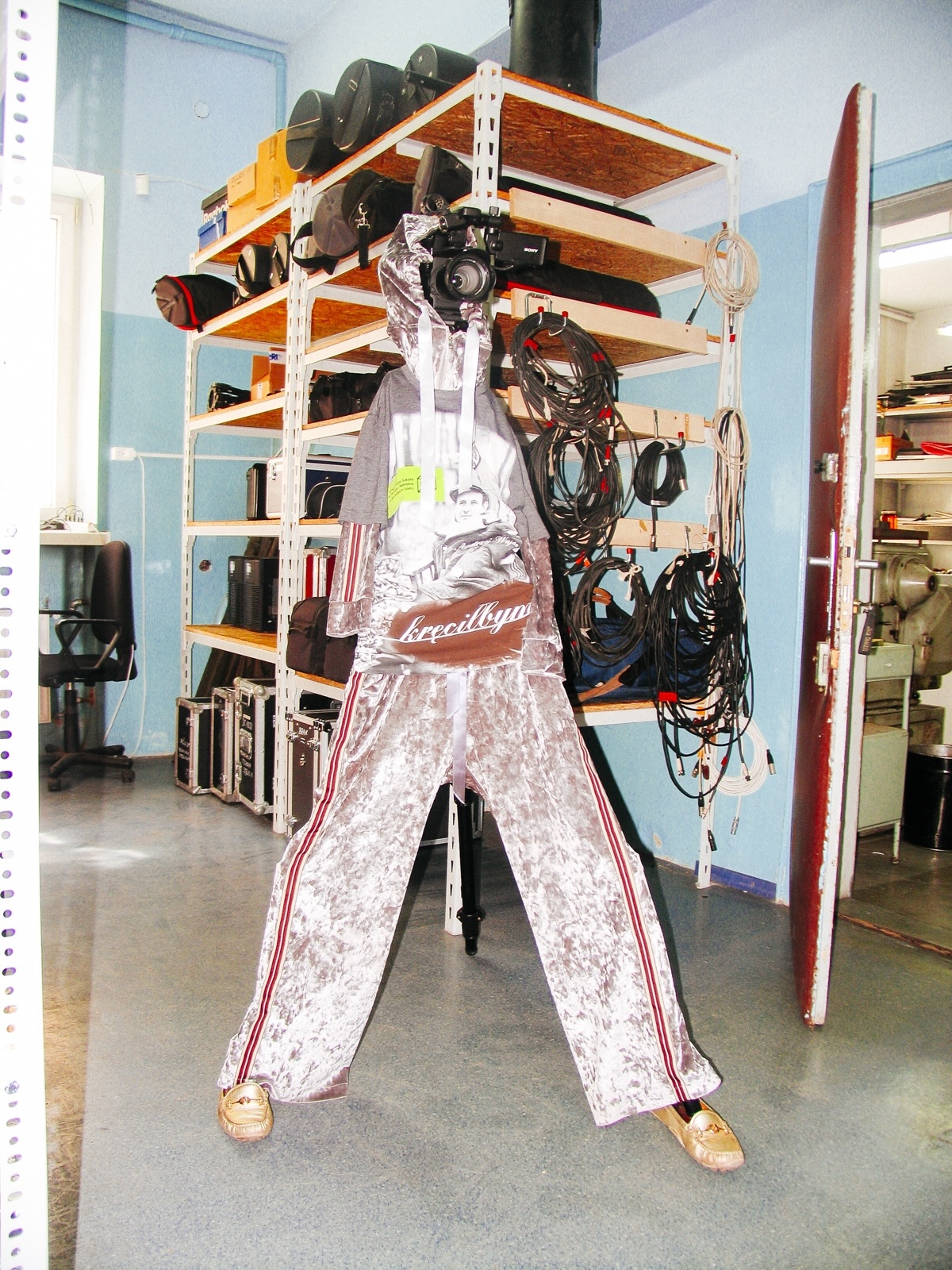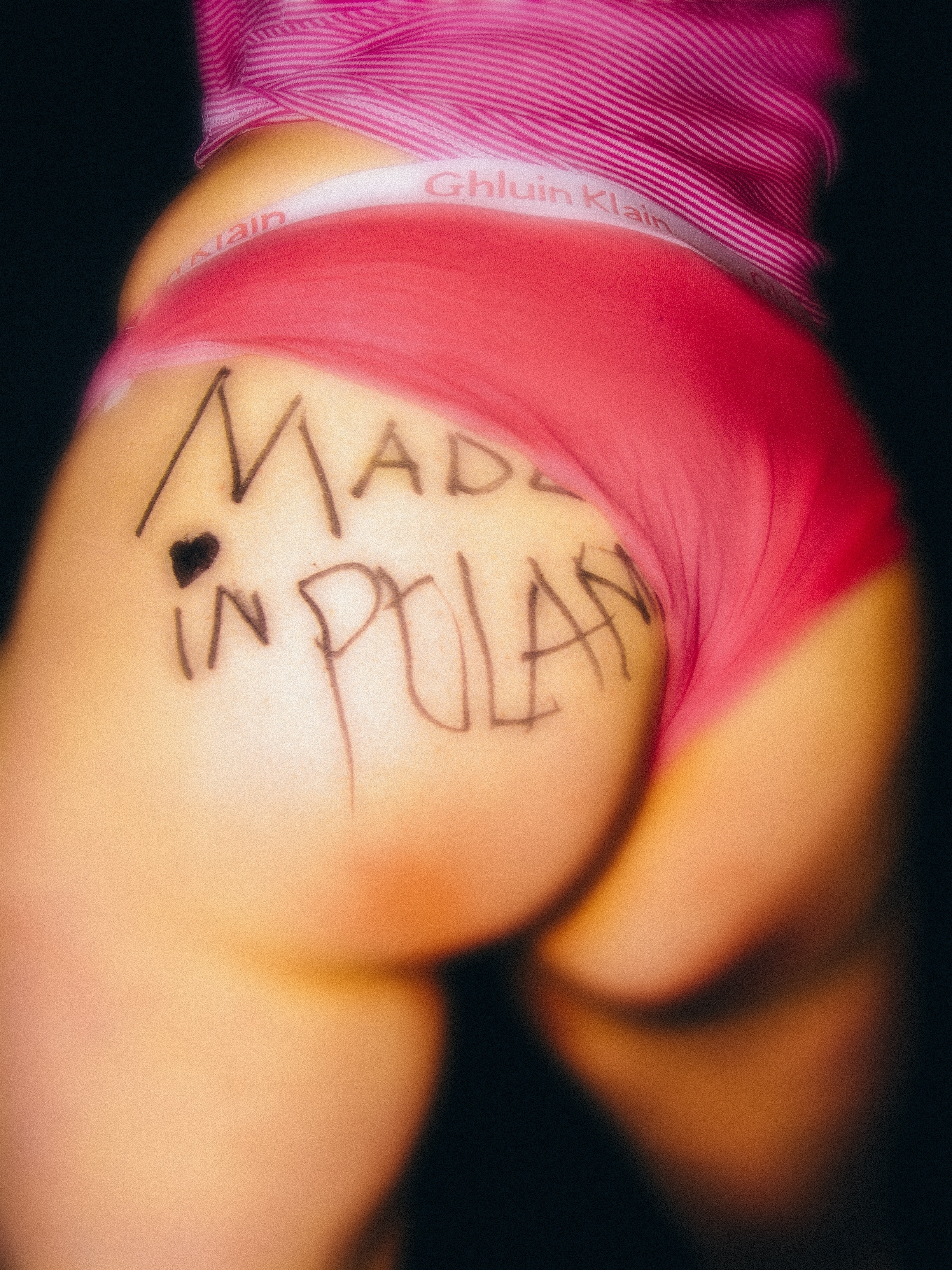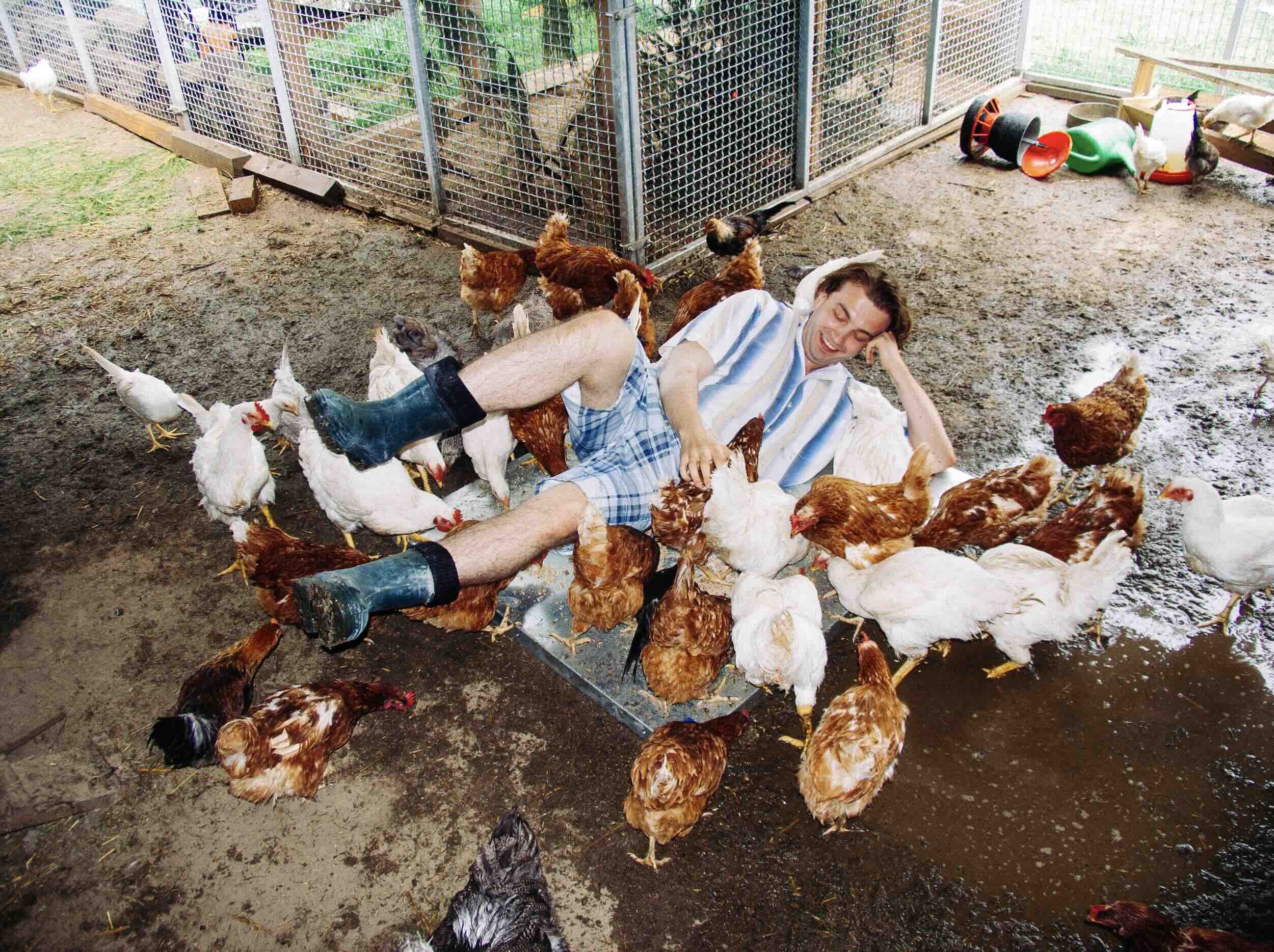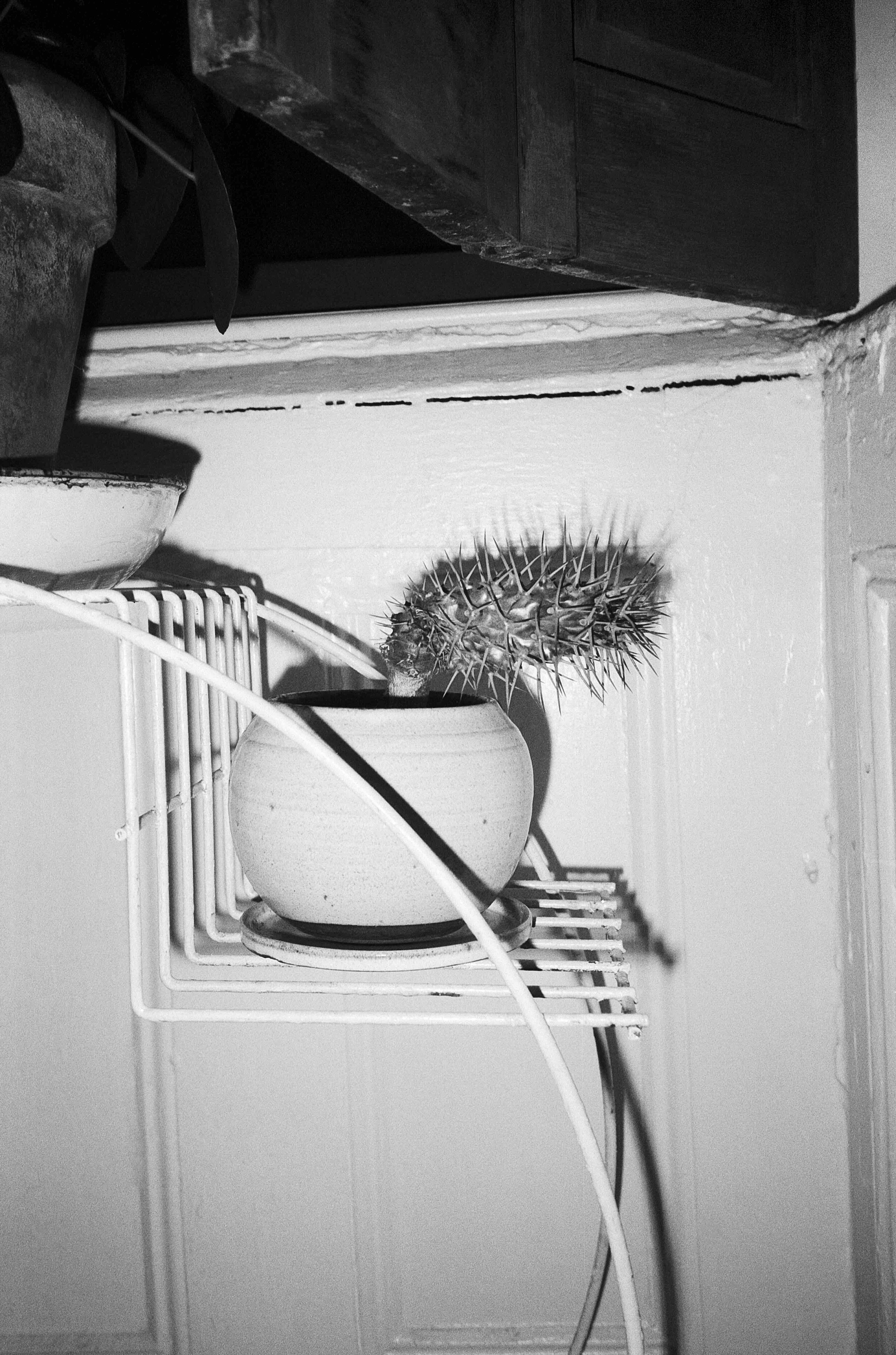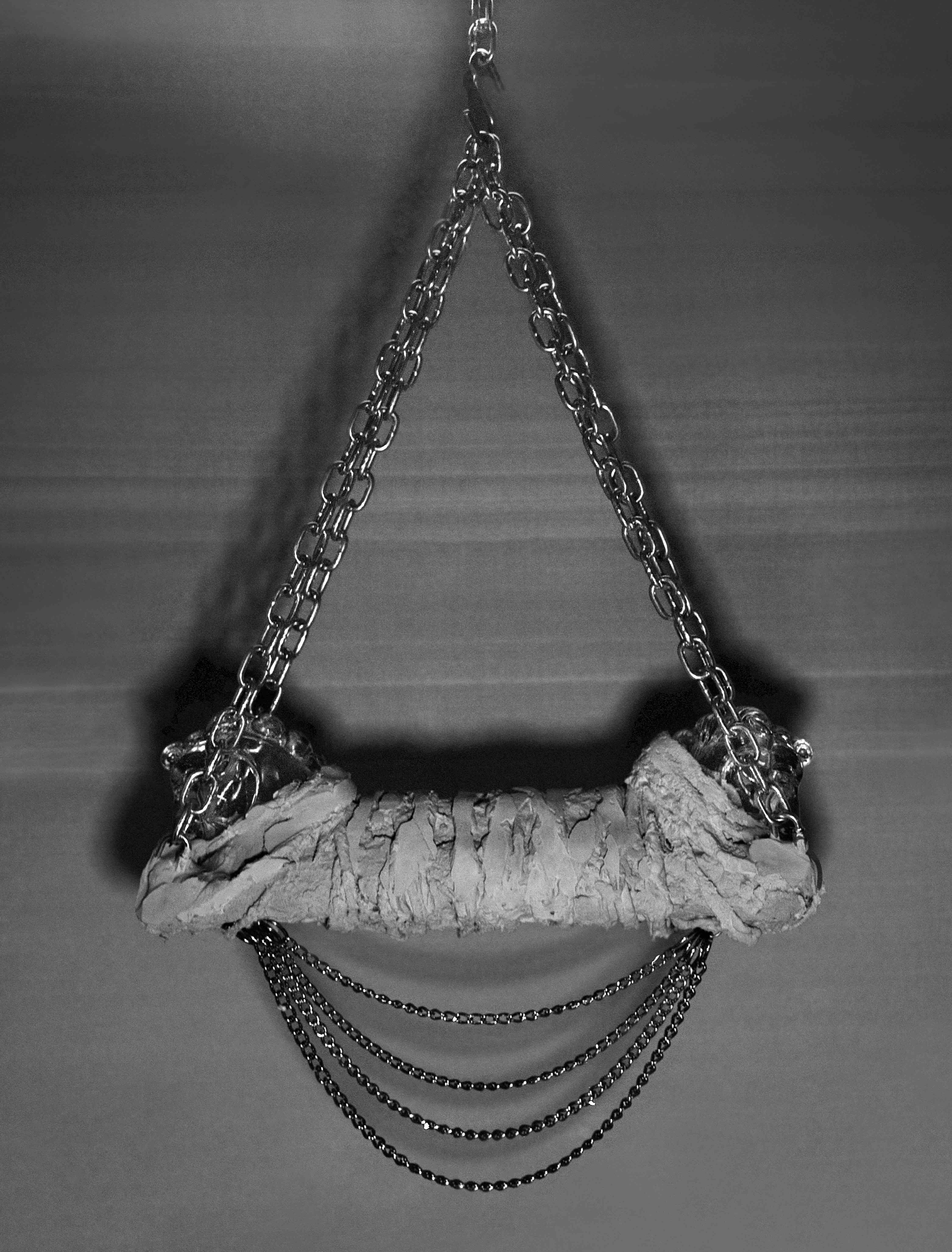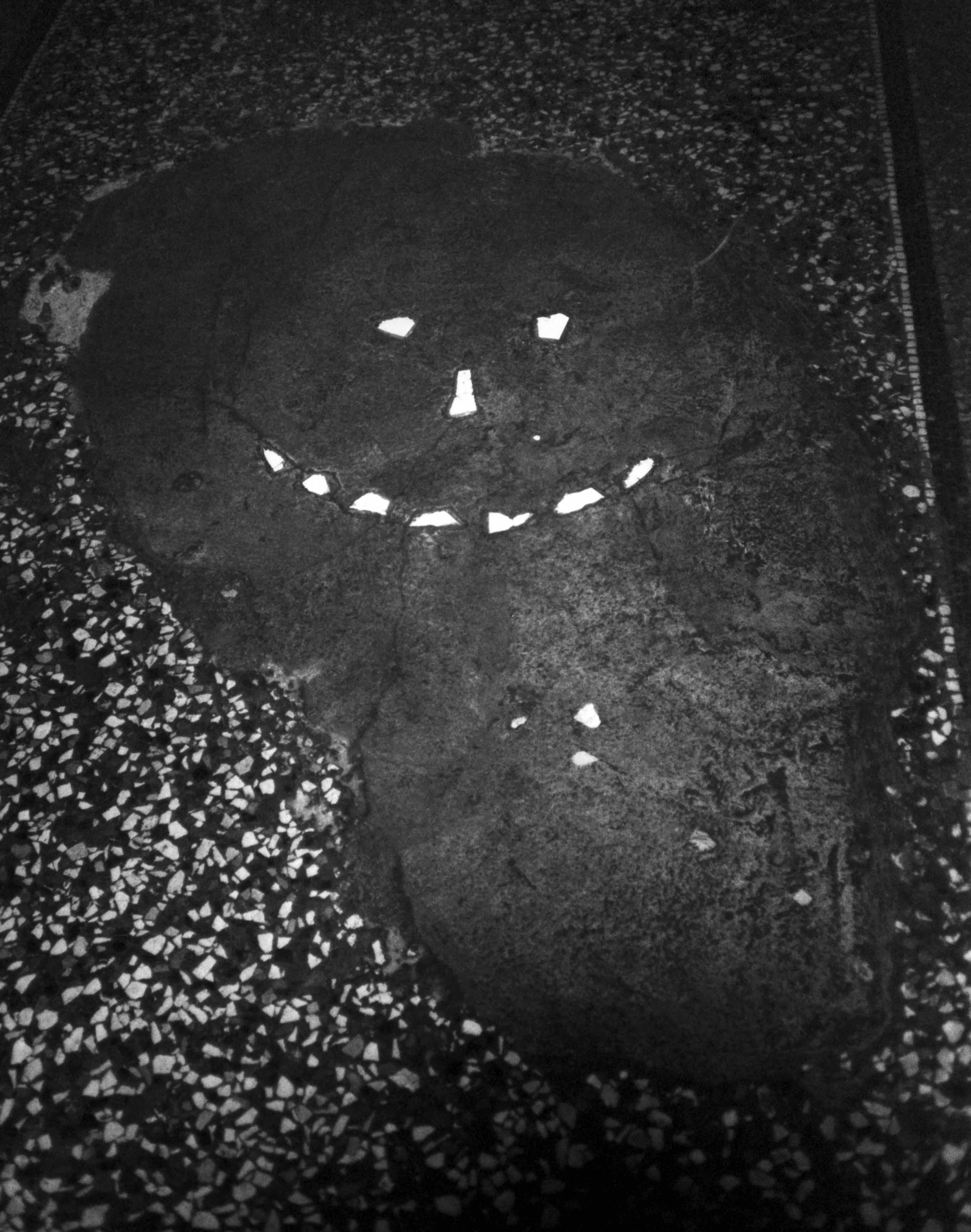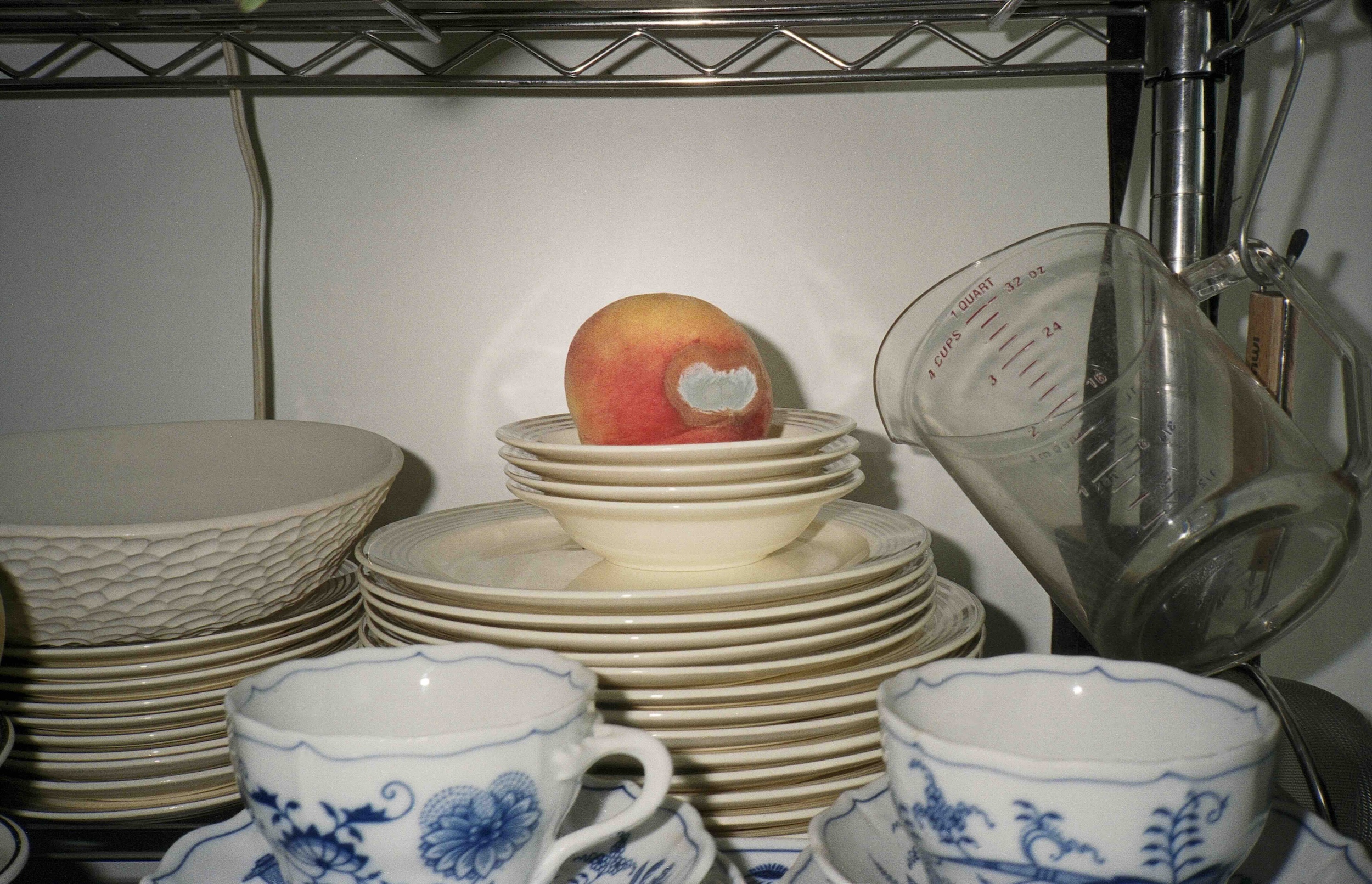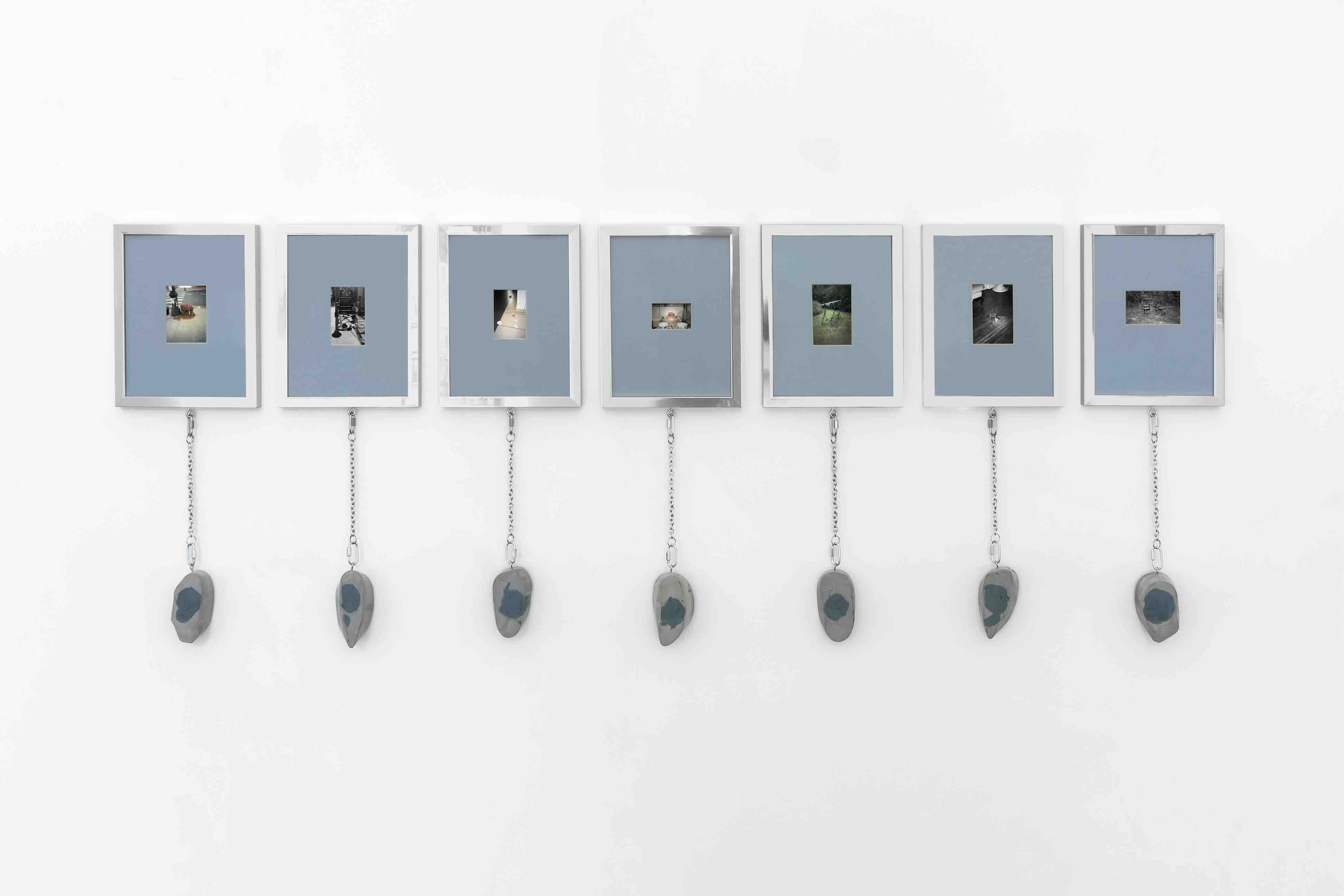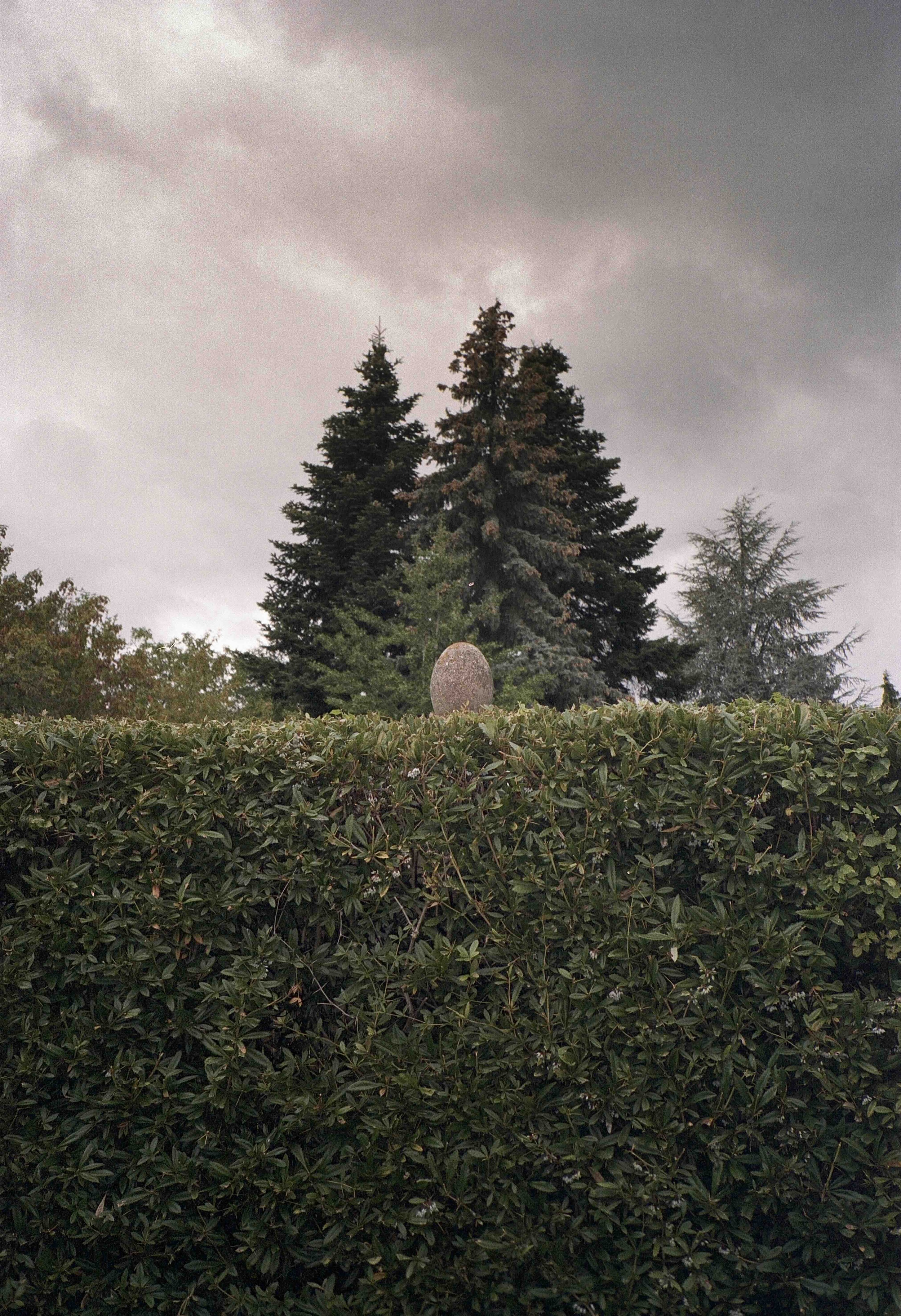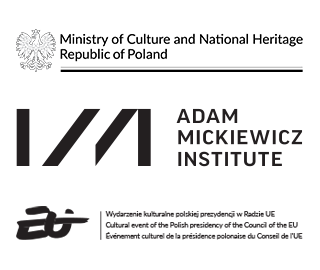© Karolina Wojtas
Welcome to European Kinship: Eastern European Perspective, a special editorial project marking an exhibition of the same name at the Capa Center
All images © Karolina Wojtas.
Karolina Wojtas
Made in Poland
Made in Poland is scrawled on a woman’s behind, the ‘i’ dotted with a love heart; it is messy, irreverent and funny, like Wojtas’ images. But Wojtas’ practice is also underpinned by an anarchic defiance of contemporary power structures in Poland which is rooted in deep-felt irreverence. Inspired by colour and experimentation, by what she describes as a childish desire to play, Wojtas’ work is at odds with tradition and authority. Her previous project Abzgram (“a nonsense word”) takes on Polish education, reconfiguring classrooms, or showing cage-like fences, or collaging formal class portraits into infinity and absurdity. Meanwhile, Made in Poland satirises stereotypes around food, religion and femininity in the country. Installation is an important aspect of Wojtas’ work and, like her images, hinges on the overwhelming and borderline ridiculous; she has made huge books, within which visitors can literally immerse themselves, and installed a tiny museum inside an outsize cola bottle in her home village. Born in 1996 in Jarosław, south-eastern Poland, Wojtas studied at Lodz Film School and the Opava Institute of Creative Photography, Czech Republic.
All images from the project Kinky Concrete © Júlia Standovár.
Júlia Standovár
Kinky Concrete
Born in Budapest but based in New York City for the last 10 years, Júlia Standovár has found that being an immigrant has thrown her experience as a woman into relief. “I realised that being a woman doesn’t feel and doesn’t mean the same in New York and Hungary,” she explains. This insight led her to make Hungry Hungarians, a project about female migrants in the US, and A Kék Melleken Túl (‘Over The Blue Nipple Hills’), a book in which she discusses female sex and sexuality in Hungary with her mother, a sexual psychologist. Kinky Concrete also draws on “internal emotional movements and female issues”, though it is also informed by the post- communism architecture Standovár grew up with. Shaping concrete into sculptures themed around sexuality, everyday feelings and social pressures, she turns something brutal into softer shapes, she says, and materialises her emotions; she then photographs her creations, developing an interplay between the actual and the unworldly. Represented by TOBE Gallery, Budapest, Standovár has a BA in Photography from Moholy-Nagy University of Art and Design, and an MA in Photo, Video and Related Media from the School of Visual Arts, New York.
European Kinship is on show at the Robert Capa Contemporary Photography Center, Budapest, from 12 March 2025.
This article first appeared in a special project of the same name, published alongside BJP Issue 7921 and co-organized with the Robert Capa Contemporary Photography Center, Budapest and with the Adam Mickiewicz Institute as part of the international cultural program of the Polish Presidency of the Council of the European Union, 2025.
The project was co-financed by the Polish Ministry of Culture and National Heritage.

